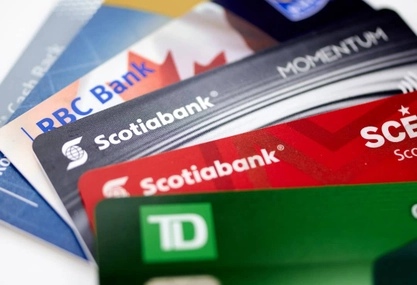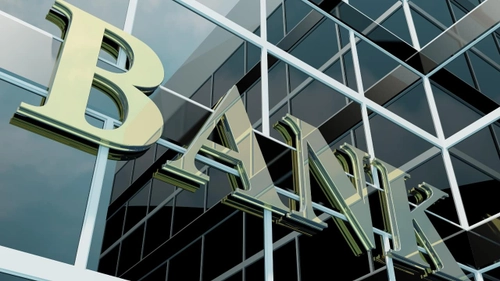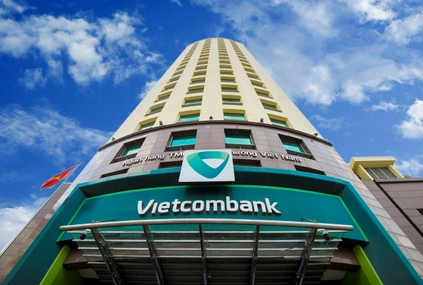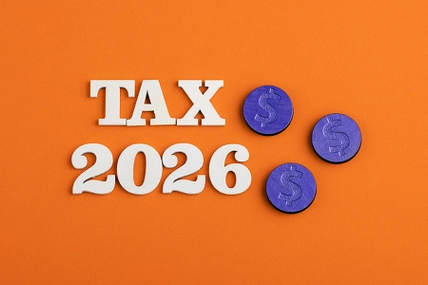The characteristics are shown in the name of this share. However, the correct definition of dividend preferred share as prescribed in the Law on Enterprise 2020 is not popular with everyone.
1. What is the dividend preferred share?
A dividend preferred share means a share for which dividends shall be paid at a rate higher than that paid for an ordinary share or at an annual fixed rate. (In accordance with Clause 1, Article 117, Law on Enterprise No. 59/2020/QH14).
Dividend preferred shareholders are annually paid dividends including fixed dividends and bonus dividends. Fixed dividends do not depend on the business results of the company.
A specific rate of fixed dividend and method of determining bonus dividends shall be stated in dividend preferred share certificates.

2. Can the dividend preferred share be transferred?
Dividend preferred shareholders freely transfer their shares except for the cases share transfer restrictions are specified in the company charter.
In the case that the company charter has a share transfer restriction, these regulations only take effect when prescribed in the dividend preferred share.
In accordance with Point c, Clause 2, Article 117, Law on Enterprise 2020, dividend preferred shareholders have the rights as ordinary shareholders except for voting, attending meetings of the General Meetings of Shareholders, or nominating candidates to the Board of Directors and Supervisory Board.
Compared with point c, Clause 1, Article 115 of this Law, an ordinary shareholder has the right to be given priority in purchasing new shares in proportion to its/his/her ordinary shareholding rate in the company, except for the case that:
- Restrict the transfer of shareholders is valid for 3 years from the date of grant of the enterprise registration certificate of the company.
- Company charter has regulations on the share transfer restriction.
Pursuant to the above regulations, dividend preferred shares are allowed to be transferred in the case of not being included in the company charter's restriction.
3. Dividend preferred shares and ordinary shares
Criteria to differentiate the dividend preferred shares and ordinary shares are as follows:
Criteria | Dividend preferred shares | Ordinary shares |
Pursuant to: | Article 117, Law on Enterprise 2020 | Article 114, 115, Law on Enterprise 2020 |
Definition | A dividend preferred share means a share for which dividends shall be paid at a rate higher than that paid for an ordinary share or at an annual fixed rate (Clause 1, Article 117). | Ordinary shares is the compulsory shares of joint stock companies which are divided based on the company charter (Clause 1, Article 114) |
Ownership | Specified in the company charter or decided by the General Meeting of Shareholders | Ordinary shareholder |
Characteristics | - Preferred shares can be converted into ordinary shares under resolutions of the General Meeting of Shareholders. - Annually paid dividends include: Fixed dividends Bonus dividends Fixed dividends do not depend on the business results of the company A specific rate of fixed dividend and method of determining bonus dividends shall be stated in dividend preferred share certificates. | - Ordinary shares may not be converted into preferred shares; - Each ordinary share has 01 voting slip. |
Voting rights | Have no voting rights for the resolution of the General Meeting of Shareholders that contains unfavorable changes to rights or obligations of preference shareholders. | An ordinary shareholder has the right to exercise the right to vote directly or through an authorized representative as prescribed by law provisions. |
Transfer | Shares may be freely transferred, except in the cases of share transfer restriction specified in the company charter (written in the dividend preferred shares). | Freely transferred except for the cases prescribed in Clause 3, Article 120, Clause 1, Article 127, Law on Enterprise 2020, and other relevant law provisions. |











